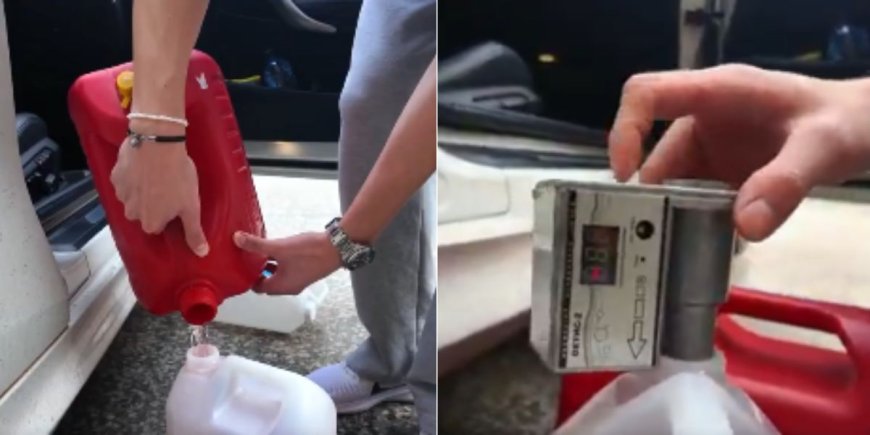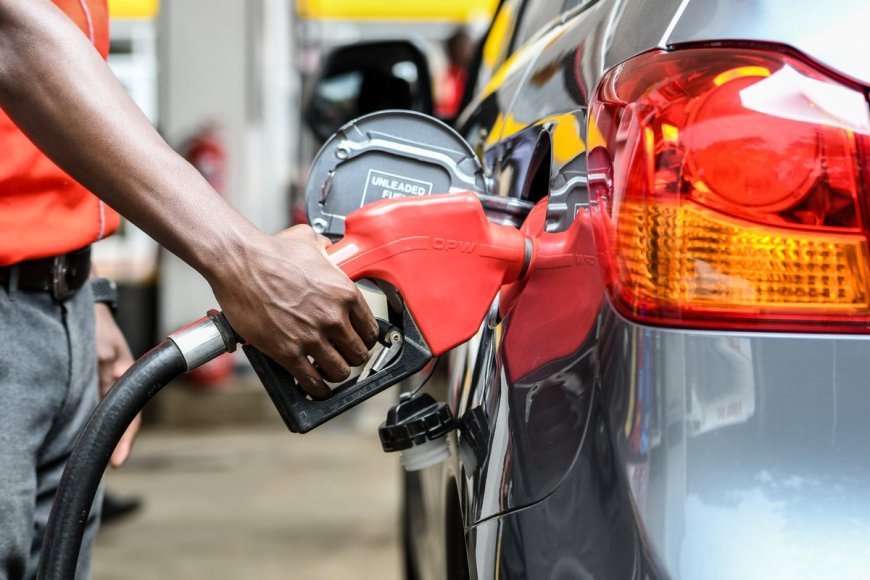EPRA, KEBS Address Concerns On Fuel Quality After Viral Tanuki Video
Tanuki went viral when his video showed him conducting independent tests on the quality of fuel across several petrol stations in Nairobi, Kenya

After automotive content creator William Kimm, known online as Tanuki, blew open a can of worms regarding the quality of fuel in some petrol stations, the Energy and Petroleum Regulatory Authority (EPRA) and the Kenya Bureau of Standards (KEBS) have responded.
Tanuki went viral when his video showed him conducting independent tests on the quality of fuel across several petrol stations in Nairobi, Kenya...which was then shared on his YouTube channel and social media platforms and sparked widespread discussion among Kenyan motorists.
He measured the Research Octane Number (RON) of fuels from various stations, with surprising results. The tests found that a petrol station in Limuru Road recorded the highest rating, RON at 92, followed closely by another at Rosslyn at 91.
Other petrol stations at Spring Valley and UN Avenue both registered 90 RON. However, one petrol station at Limuru Road revealed a surprising contrast; its premium product dubbed V-Power, commonly developed for motorsports, scored 87 RON against the standard version which was rated 91 RON.

Image of a petrol station. /FREEPIK
A similar trend appeared at a petrol station in Lavington, where V-Power scored 87 RON, while regular fuel at the same station recorded 90 RON.
The findings suggested that consumers paying a premium for V-Power at some locations were not getting the expected fuel quality advantage, with V-Power found to have performed worse than its standard fuel, an unexpected outcome given its premium branding and higher prices.
Some motorists have gone as far as alleging that fuel from the petrol station is “fake,” amplifying fears of widespread fuel adulteration in the country. This is despite its parent company continuously dismissing the claims, clarifying that fuel imports undergo rigorous testing both at the source and upon arrival in Kenya, ensuring compliance with industry regulations.
In response to recent concerns about the quality of petroleum fuels available in the country, KEBS and EPRA released a joint statement on Thursday, February 6 to assure consumers and the general public of their commitment to transparency.
The two bodies highlighted the importance of all petroleum fuels imported into the country undergoing testing and certification before being released into the market as part of their quality assurance measures.
"In light of the recent reports and videos circulating on social media, we have conducted extensive confirmatory tests on fuel samples from various petroleum retail stations, including those specifically mentioned in the reports.
"We are pleased to report that the results of these tests confirm that the fuel at all sampled stations meet the recommended Research Octane Number (RON) ratings as stipulated by Kenyan Standards," the statement read in part.
KEBS and EPRA added that in instances where Super Petrol is marketed as a premium fuel with higher RON ratings, their tests consistently affirmed compliance with these higher standards.
"Consequently, we urge consumers to continue to have confidence in the quality of petroleum fuels available, as there is no cause for alarm," added the statement.
Research Octane Number (RON) ratings, also known as octane ratings, are the standard measure of a fuel’s ability to withstand compression in an internal engine combustion. Using a fuel with low RON could cause engine knocking.







